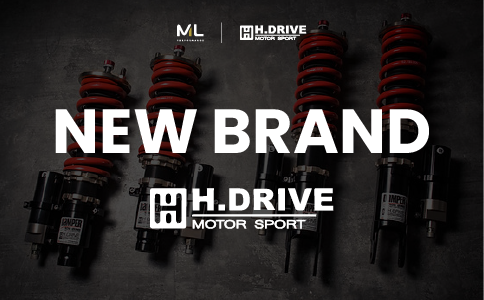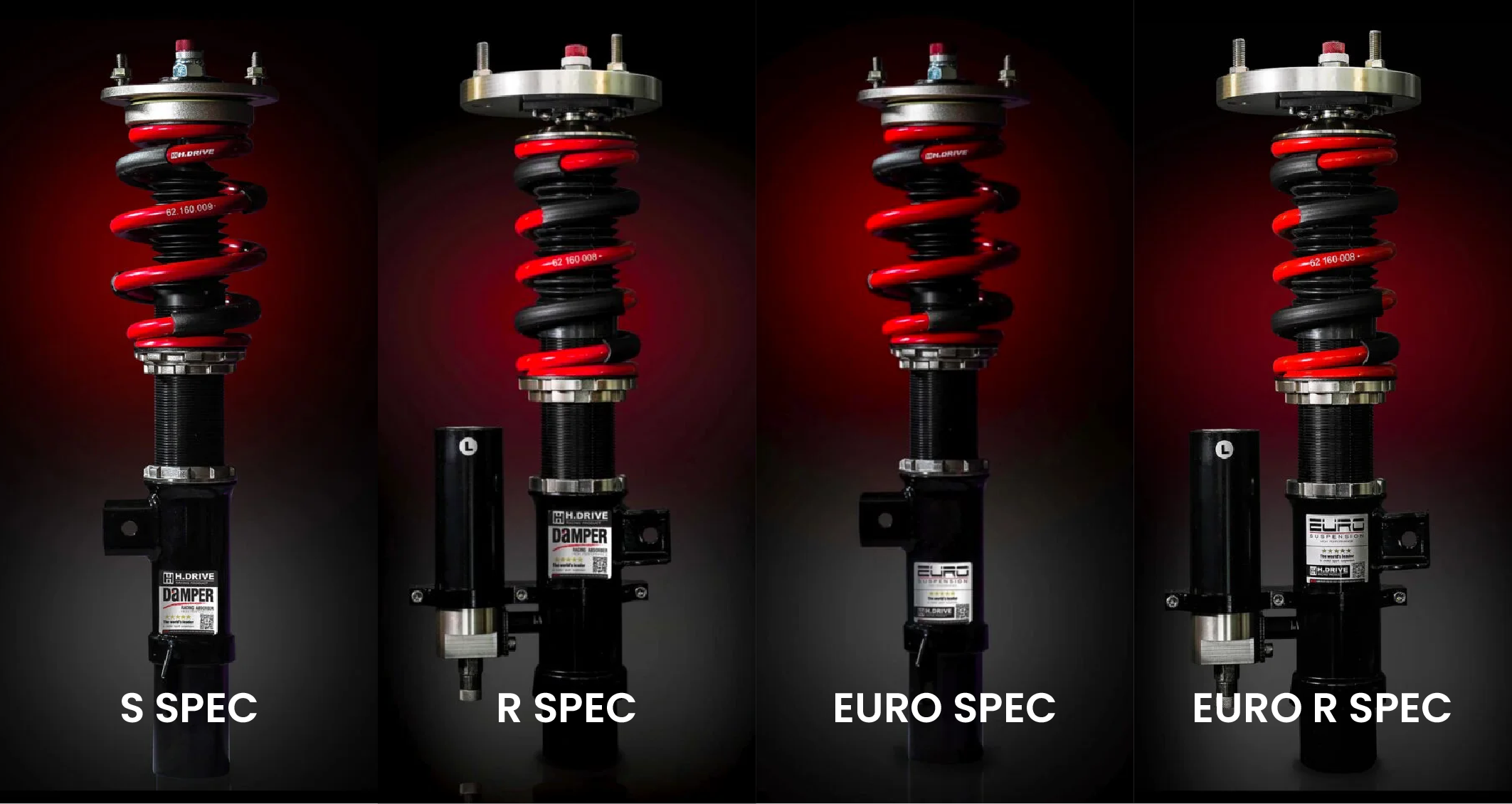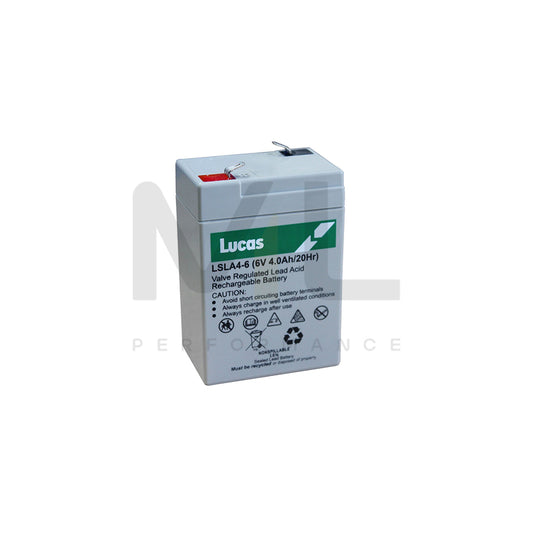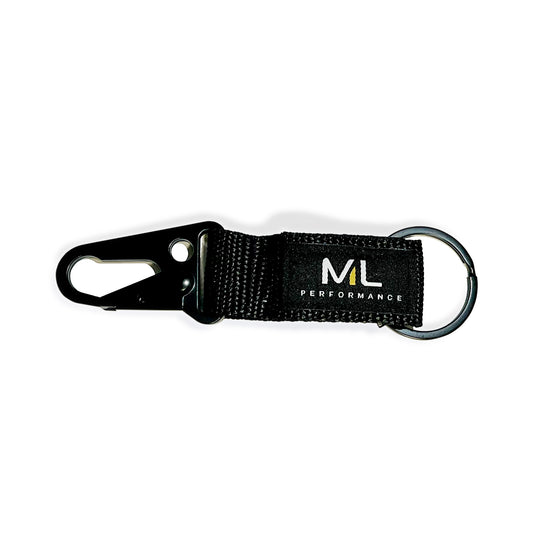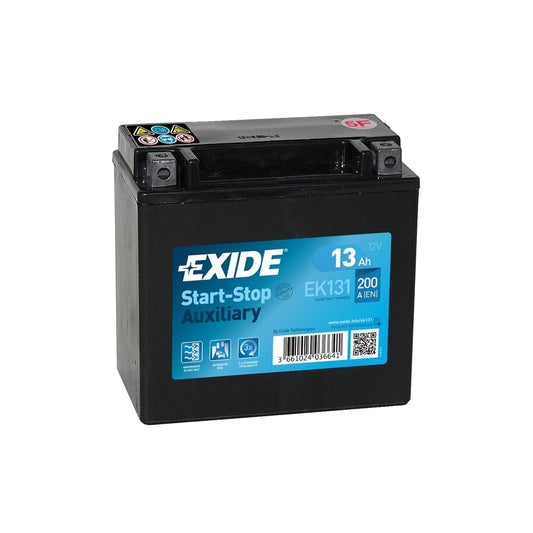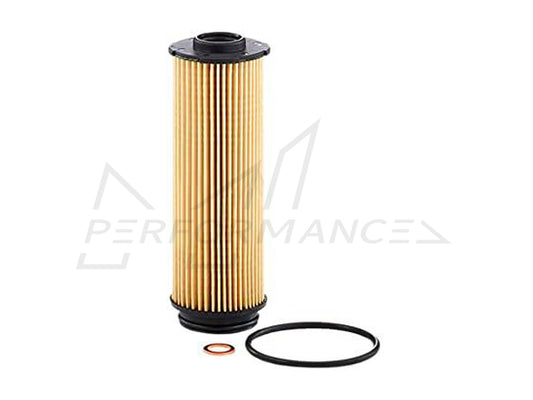The goal
While producing a "short" shifter, our more important goal in improving the BMW shifter assembly is to increase the precision and smoothness of the overall operation.
The problem
One significant wear area that has never been addressed previously is the wear and ovalization of the linkage connection points at the transmission and the shifter's lower pivot. (figure 1)

(Figure 1)
In the original BMW design, the connection at both ends has a large injection-molded plastic bushing. We already know how badly plastic wears in an automotive application, and these areas are not an exception. The design of the selector rod has a pin at 90 degrees to the main rod, which exerts a tremendous amount of leveraged force on the selector joint bushing from one side (known as a single shear force). The result is a steady deformation of the bushing, resulting in looseness and slop in the entire mechanism. (figure 2) The fig. 2 image shows a selector joint that has approximately 25K miles of use.

(Figure 2)
The looseness and slop are magnified by the leverage-multiplication effect of the shift lever itself. The result is an in-gear shifter "free play" of 3/4" and up to 1" in either direction, over 35mm total. (figure 3)

(Figure 3)
The cure
A temporary fix is to simply replace the selector joint. Unfortunately, this is only a temporary fix as the new joint's bushing will exhibit the same rapid deformation. To permanently fix this, a change in the fundamental design of the pivot is required, changing the assembly to a double shear system with the UUC Double Shear Selector Rod (DSSR). (figure 4 and 5)

(Figure 4)

(Figure 5)
The DSSR redistributes the torsional forces from the pin/bushing interface to the complete face area on both sides of the selector joint. (figure 6)

(Figure 6)
By taking advantage of the strength of steel in the DSSR and the body of the joint, the problem of deformation is eliminated and the movement of the selector rod correlates directly to movement of the selector joint - the only "free play" movement remaining in the shifter assembly is from within the transmission itself. (figure 7)

(Figure 7)
In-gear "free play" is reduced to approximately 10mm total when used with a UUC EVO3 shifter. (figure 8)

(Figure 8)
The original BMW shifter and all other aftermarket shifters (except UUC which uses deformation-free bearings) contain a plastic bushing similar to the selector joint, and the exact same wear and ovalization causes those shifters to get sloppy. The DSSR permanently fixes these shifters also. The DSSR is compatible with all brand shifters, whether original BMW or other-brand aftermarket. When used with the original BMW shifter or other aftermarket shifters, the amount of "free play" will be greatly reduced but varies by shifter (flexation of the shifter shaft contributes to the total "free play" travel).
Other solutions?
While there are other replacement selector rods sold in the aftermarket (including "no tolerance" brass and "heavy" selector rods), none of them will get rid of the slop and "free play" in the BMW shifter assembly. These alternate products are not actually improving the shift feel at all, but are simply rods with alternate geometry (either bent or twisted), an accommodation to make the "universal fit" aftermarket shifters fit properly.
These other aftermarket shifters, even with their "heavy" selector rods, will still be as sloppy as the original BMW shifters they are replacing. While the throw may be shorter, the precision of the assembly is no better than a new BMW part, and will develop the same slop within a few thousand miles. (figure 9)

(Figure 9)
Available applications:
Note: currently available DSSR fitments are suitable for UUC EVO 3-series shifters, original BMW shifters, and all aftermarket shifters.










